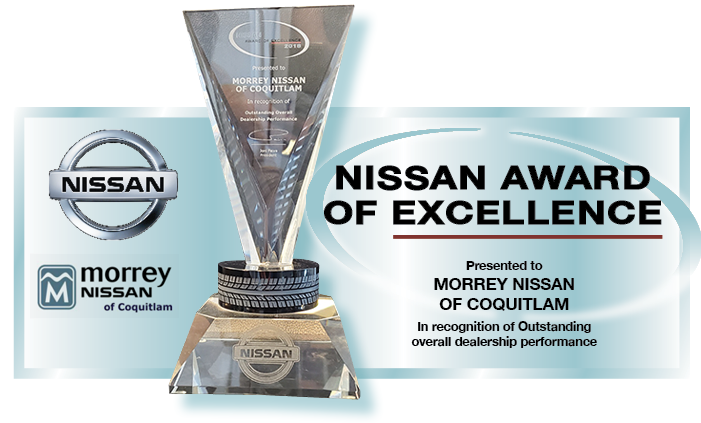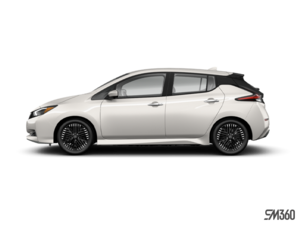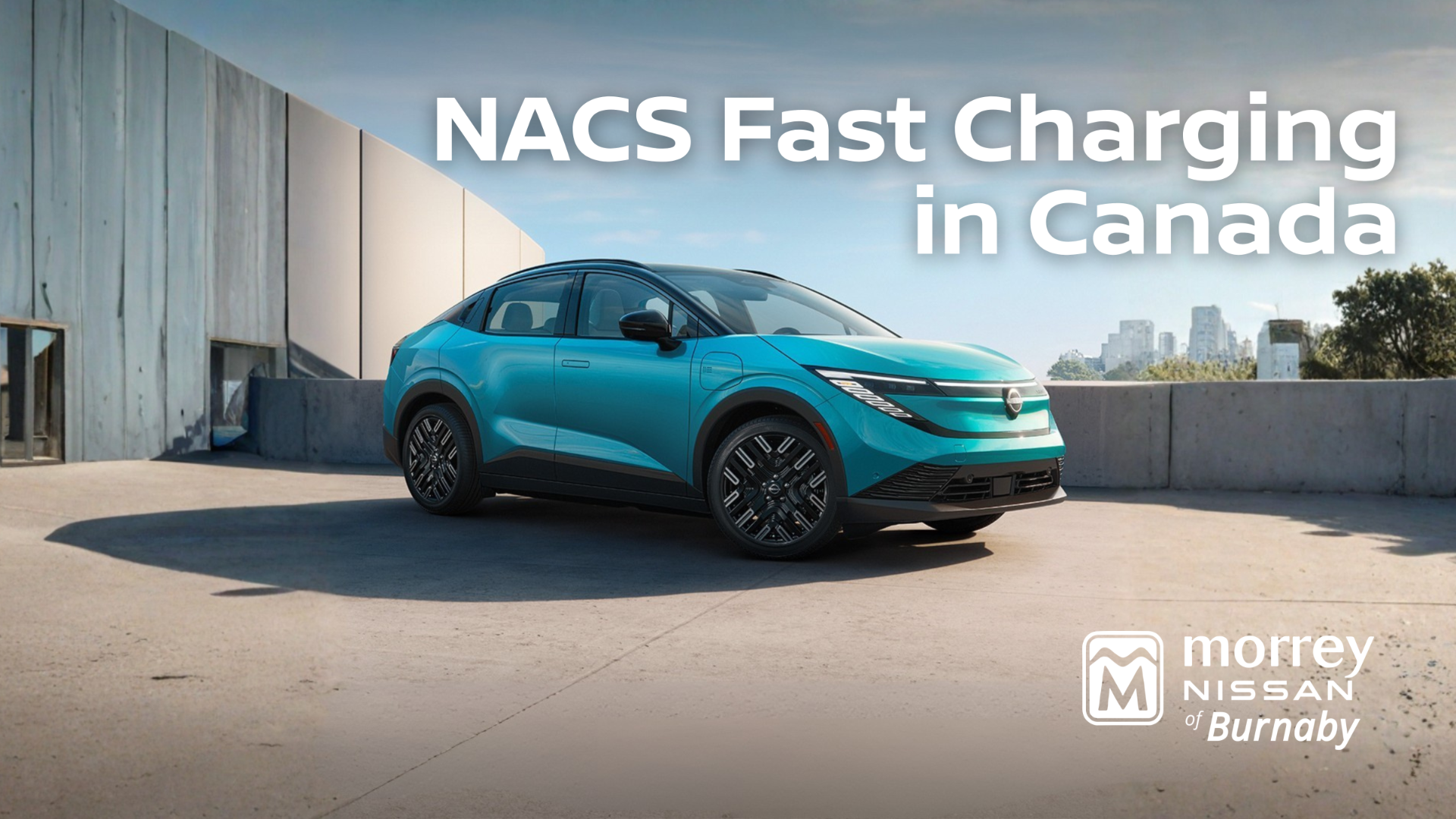What Happens to Tire Pressure When It Gets Hot in BC?
July 26 2025,
During BC’s warmest months, it’s normal to adjust your wardrobe and your air conditioning, but your Nissan’s tires need attention too. When the weather heats up, so does the air inside your tires, and if left unchecked, this can lead to problems with safety, handling, and fuel efficiency.
So, what exactly happens to tire pressure when it gets hot in BC, and what should Burnaby drivers do about it?
Why Tire Pressure Increases in the Heat
As outdoor temperatures rise, so does the temperature of the air inside your tires. This causes the air to expand, increasing internal pressure. For every 5°C increase in ambient temperature, tire pressure can rise by about 1 PSI.
On a hot day, or after driving on sun-heated roads, this could mean your tires become overinflated, leading to:
-
Uneven tread wear
-
Reduced traction
-
A rougher ride
-
Increased risk of a blowout
Why Underinflated Tires Are Also a Risk
In some cases, drivers start with underinflated tires and don’t realize it. Summer heat may temporarily mask low pressure, which becomes a problem when temperatures drop again or when tires cool overnight.
Underinflated tires cause:
-
Poor fuel economy
-
Greater rolling resistance
-
Faster tire wear on the edges
-
Risk of overheating during long drives
Burnaby and Lower Mainland Driving Conditions Matter
-
Stop-and-go city traffic creates extra heat through braking
-
Black asphalt parking lots raise surface temperature under your tires
-
Weekend trips to the mountains or coast change elevation, which also affects pressure
Even short commutes can lead to noticeable PSI changes during a heatwave.
How to Check and Maintain Tire Pressure in Summer
1. Check Tire Pressure When Tires Are Cold
Check in the morning or after the vehicle has been parked for a few hours. Don’t adjust pressure after driving, the reading may be artificially high.
2. Follow the Recommended PSI (Not the Max)
Look for the manufacturer-recommended PSI inside your driver-side door frame. Do not rely on the number printed on the tire’s sidewall.
3. Use a Quality Tire Gauge
Digital or stick gauges give more consistent readings than gas station air pumps. Keep one in your glove box for routine checks.
4. Don’t Bleed Air When Tires Are Hot
If your tires appear overinflated after a long drive, wait until they cool before adjusting. Bleeding air while hot may cause underinflation later.
5. Schedule a Seasonal Tire Check
Get a tire inspection before peak summer heat. A Nissan technician can check inflation, rotate your tires, and ensure there’s no uneven wear or hidden damage.
Better Tire Care = Safer Summer Driving
Tire pressure may not be the first thing on your mind in a BC heatwave, but it plays a major role in your Nissan’s performance and safety. By staying on top of it, you can reduce wear, improve mileage, and drive with confidence, no matter how high the temperature climbs.












